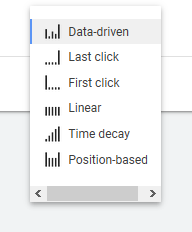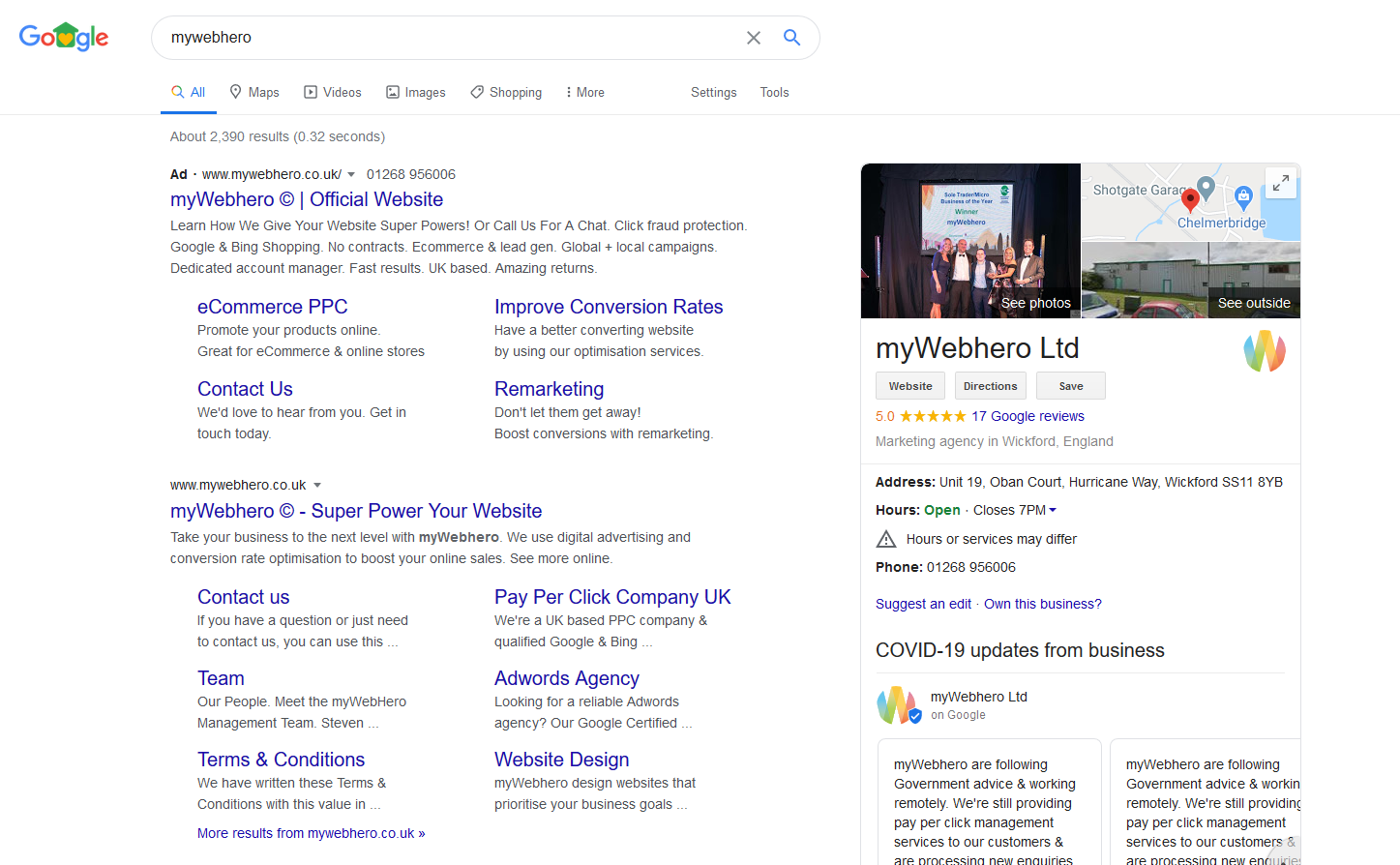Pay Per Click Companies UK – Alpha & Beta Campaigns

Alpha and Beta campaign structures are a way of organising Google Ads campaigns and are used by many Pay Per Click Companies UK. The advantage of using this structure is that you can expand the amounts of converting keywords in your account, whilst allowing you to invest more on the keywords that are performing well in your account.
Beta Campaigns contain phrase match and broad match modified keywords. The role of these keywords is to find converting search terms. And help remove search terms (by creating negative keywords) that you do not want your ads to show for. The bids for these keywords to not have to be as high as your alpha campaign if you are getting the volume that you require.
Alpha campaigns contain the converting exact match keywords that you have found from the search terms found in the beta campaigns. If done correctly Alpha campaigns are predominantly the campaigns that will have better conversion rates and lower CPA’s than beta campaigns. Which is why Pay Per Click Companies UK prefer to use them.
Things to considers when creating beta campaigns
• The main aim of Beta campaigns is to find converting search terms, so do not be surprised if they are not as profitable as the Alpha campaigns.
• Use either Broad match modified or phrase match keywords. Do not use broad match keywords unless you have a VERY extensive negative keyword list.
• Ensure all Keywords in an ad group are relevant to the ad copy and landing page. This will help improve your click through rate and your quality score. By having a good quality score will mean that you will keep your cost per click as low as possible.
• Do not lump all your keywords into just one or two ad groups. Make your campaign as granular as possible to ensure that you can see what is and is not working.
• Review your search terms as often as possible. Finding a converting search term early allows you to convert it to exact match. You can then increase the bid on the exact match and have a bit of confidence that it will perform. Reviewing you search terms regularly will allow you to save budget by adding negative keywords.
• Add keywords to your Beta campaign to broaden your searches periodically.
• Do your research. Use the Keyword planner to help you find relevant keywords with good volume.
Things you need to consider when you create Alpha campaigns.
• Again, ensure that your ad groups, keywords, and ad copy etc are all relevant. This as mentioned before will improve your quality score and click through rate, and ultimately lower your CPA.
• Creating SKAGs in an Alpha campaign is recommended to ensure ad relevance. SKAG stands for Single Keyword Ad Group, creating these your adverts will be specifically tailored to the keyword thus increasing the relevance.
• Only use Exact match keywords in alpha campaigns. This allows you to spend more of your budget on the keywords you know will convert.
• When adding a search term from the beta campaign to the Alpha remember to add the search term as a negative in the beta campaign. This will ensure that the keyword will only show in the Alpha campaign. If this is not done, then it could lead you to believe that the alpha keyword is not performing as you expect. But the keyword is being cannibalised by the beta campaign which may have a higher bid, hence why it will show there instead. This could lead you to pause it, instead of giving it the budget it deserves.
• If you have a keyword that is performing extremely well, do what many Pay Per Click Companies UK do and give it its own campaign. This is advantageous because you can quickly see how its performing. And give it more or less budget depending on its conversion performance and impression share.













